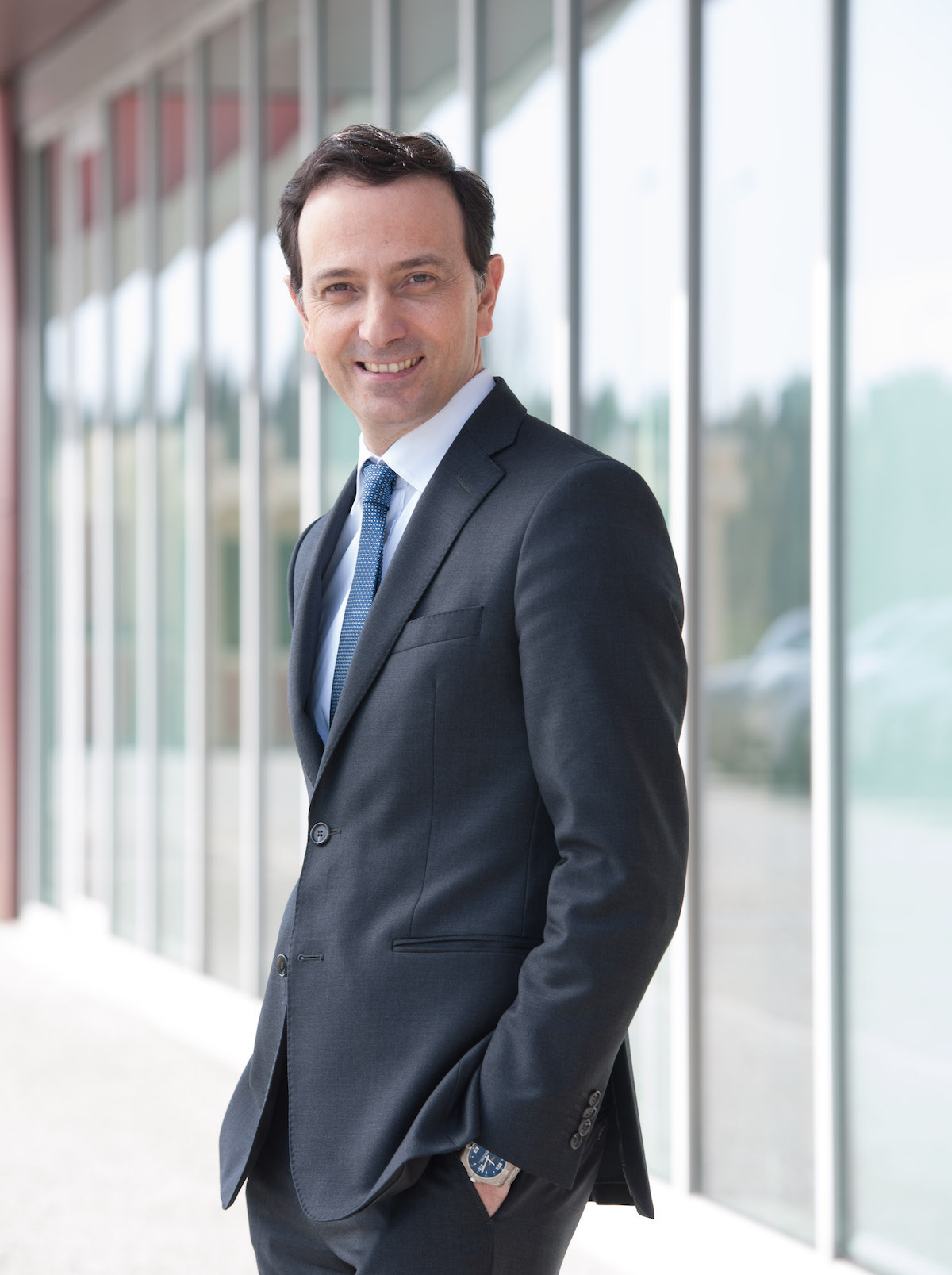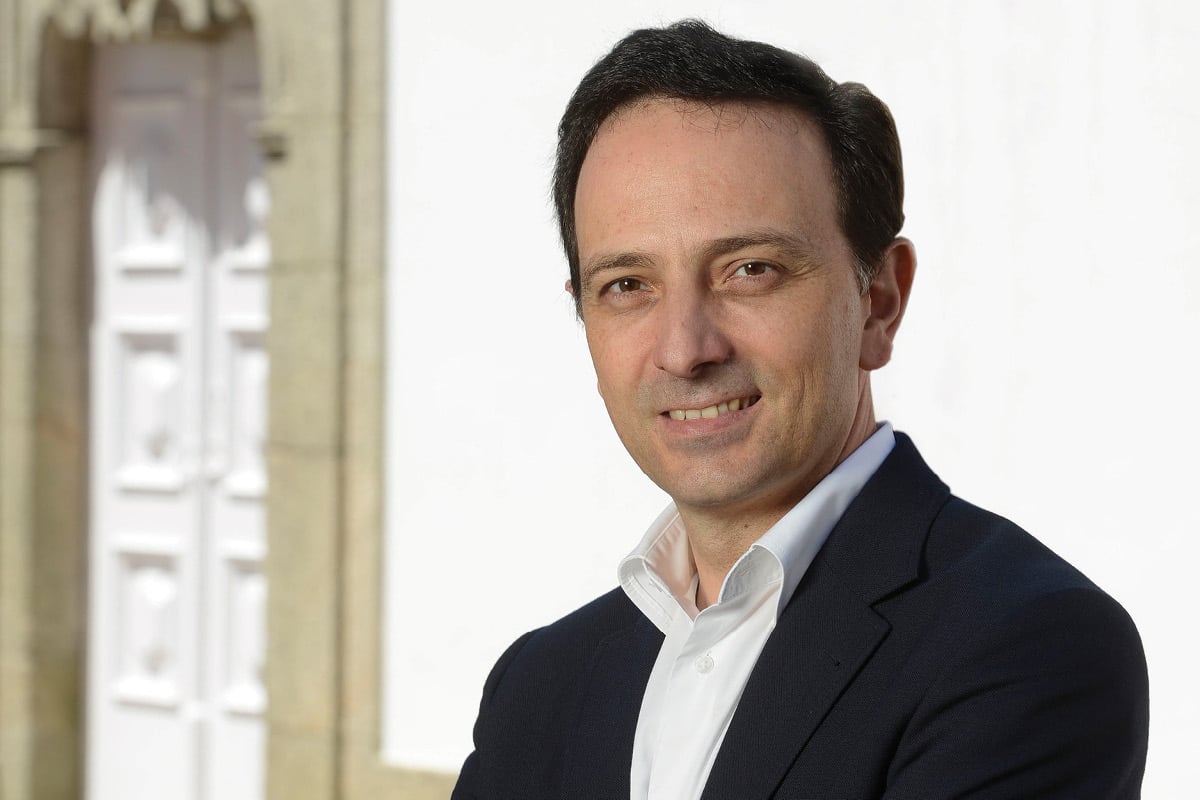Portugal was one of the countries hardest hit when the global financial crisis wreaked havoc. To weather the storm and prevent an insolvency situation, the Portuguese Government, in 2010, applied for EU bailout programs totalling €79 billion. Alongside Greece and Ireland, which were also experiencing major debt problems, this marked the start of the European sovereign debt crisis. At its worst point in 2013, unemployment in Portugal was at a record 17.5%.
Rui Correia keeps Sonae Arauco afloat
Against this backdrop, Rui Correia, CEO of Portuguese group Sonae Industria from 2013 to 2016, says staying afloat was all about holding onto the company’s good assets and organising its finances so it could forge a sustainable path of growth. “In late 2014, Sonae Industria began discussions with Arauco. In 2015, we reached a memorandum of understanding and, with approval from the relevant authorities, completed the joint venture to create Sonae Arauco in May 2016,” he reflects.
By the time this strategic partnership was forged, Portugal was thankfully already well past the zenith of the crisis. While not totally back at pre-crisis levels, unemployment is now under 10% and steadily continues to decline.
Now, as Sonae Arauco CEO, Rui plans to invest in the company’s assets to further increase production. “We will grow by producing more and selling more. It’s as simple as that. We have a plan until 2020 to invest in excess of €200 million.”

We have a plan until 2020 to invest in excess of €200 million.
Sonae Arauco is an innovative wood-based panels manufacturer, and a major part of that investment in the coming years, Rui notes, will be in equipment to further enhance its wood capabilities and methods for transforming timber into new products.
“We are in an engineering world, meaning we can crush and defibre wood and then put it back together to create unique wood-based products,” he says.
Sonae Arauco promotes a sustainability message
Even though Rui successfully navigated Sonae Industria through the depths of the European sovereign debt crisis, he believes a much larger threat is at play for the wood manufacturing sector. According to him, current European Union policies are incentivising the burning of wood to produce energy, and the sector is being penalised as a result.
“We have been advocating to governments that it doesn’t make sense to burn wood,” says Rui. “It only makes sense to burn wood when it’s no longer recyclable. This is a big challenge for us and forms a major part of our advocacy push.”
Because timber is not only a natural material but also a renewable one, Rui is keen to promote the sustainability message. “If you grow a forest, the trees will absorb CO₂ emissions. You can transform the wood from the trees in the forest to make houses and furniture, and that CO₂ will be stored in the houses and furniture,” he explains.
“After that first cycle, the wood can be reused and recycled into new products, and the cycle can be repeated. If the furniture is used for 100 years, the CO₂ stays there for 100 years. But if you cut wood and burn it, the CO₂ is immediately released into the atmosphere.”
“Taking wood further”
Meanwhile, Sonae Arauco continues to enhance its product offering. Earlier this year, it developed two new textural finishes for its decorative collection, called Fusion, and Stucco.
“Fusion is reminiscent of handcrafted wood and leather. Stucco has a more ceramic and concrete feel, so you can imagine the textures combining to provide a fantastic warmth that clients will enjoy,” Rui says. The finishes have been so well-received that the company won the 2017 Innovation in Construction Award at a ceremony held at the Portuguese Engineers Association headquarters in Lisbon.
In more ways than one, Sonae Arauco is living up to its mission of ‘taking wood further’ – a mission that Rui has no intention of giving up anytime soon.
“We want to spread the word to anyone who shares our vision and wants to work with us, so together we can take wood further – because we think wood is a fantastic material,” he says. “It’s renewable, natural and, while not the whole solution, it can contribute to a better environment that can lead to healthier lives.”



